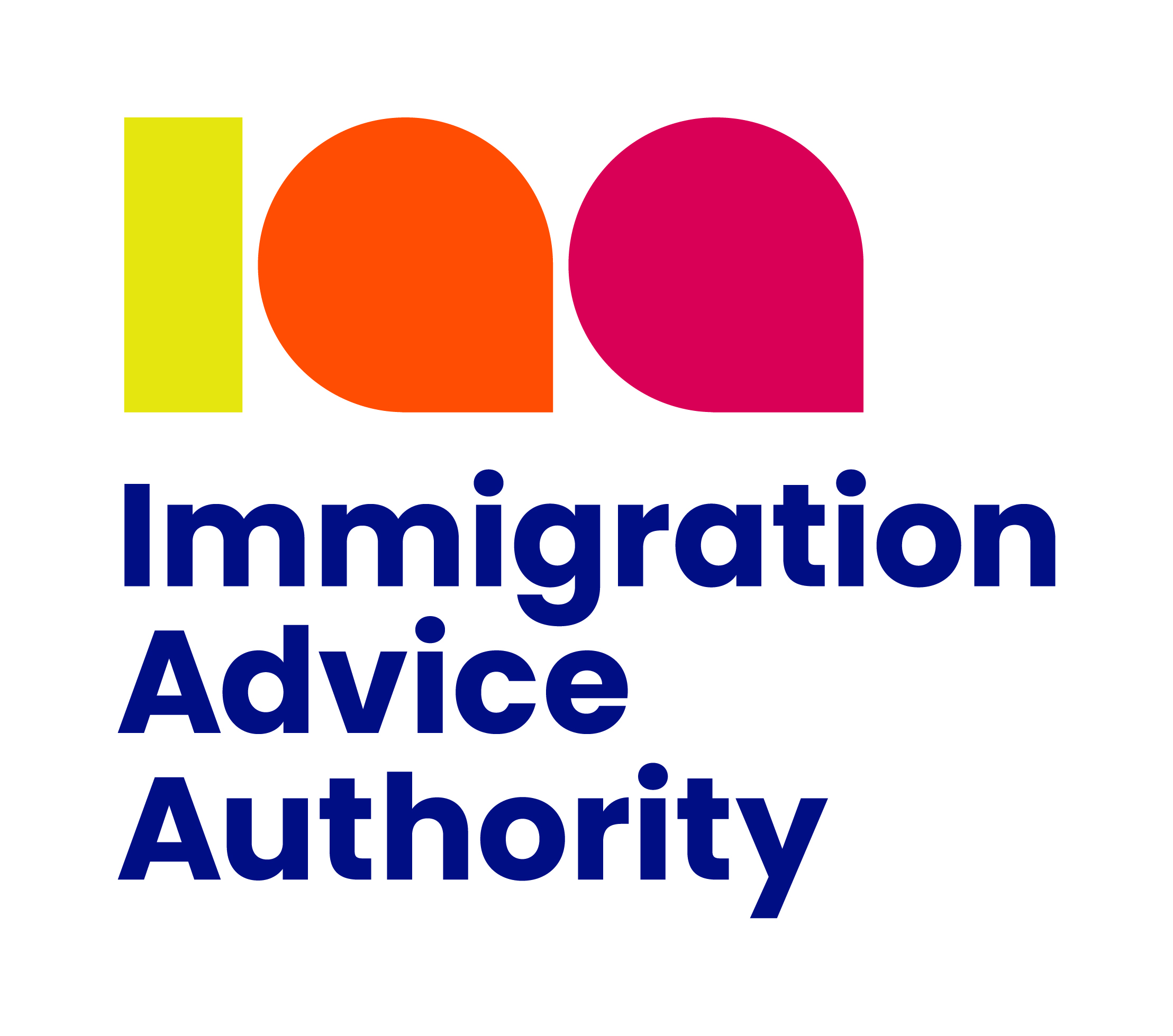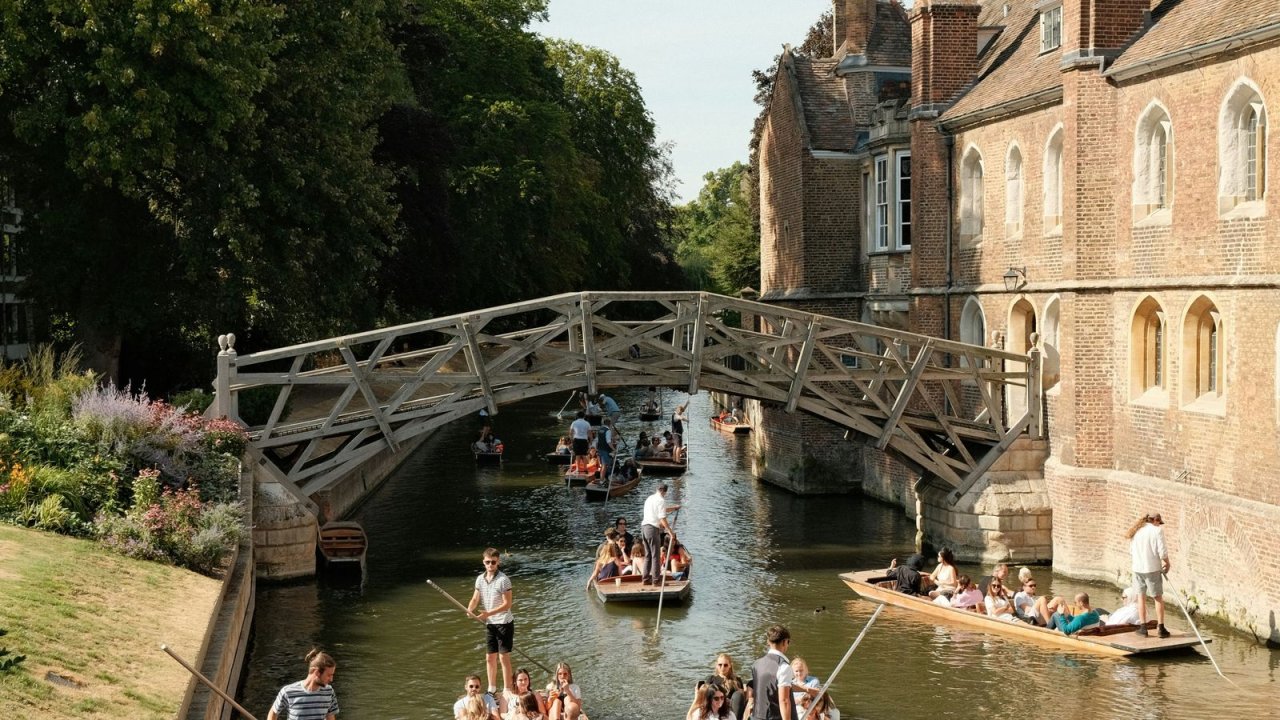
UK Visit Visa requirements
UK Visit Visa requirements
If you're planning to visit the United Kingdom, understanding the UK Visit Visa requirements is the first step. Whether you're going for tourism, a business trip, or to see family, it's important to know what documents and information you'll need.
In this Global Law UK visa guide, we'll cover the essentials of the UK Visit Visa, including who needs it and what you'll need to apply.
Who needs a UK Standard Visitor visa?
You can apply for a Standard Visitor Visa to visit the UK for the following purposes:
Tourism: Visiting for holidays, sightseeing, or relaxation.
Family or friend visits: Visiting family members or friends living in the UK.
Business activities: Attending conferences, meetings, interviews, training, or other permitted business activities.
Academic research or exchanges: For research or attending academic events.
Medical reasons: Receiving private medical treatment or treatment at an NHS hospital, with or without reciprocal healthcare arrangements. Also, donating an organ to a close family member or a person with whom you have a close personal relationship.
If you want to visit the UK for these reasons, you can apply for the UK visa. However, there are certain documents you’ll need to gather first.
UK Visit Visa requirements
What are the requirements for a UK visit visa? They vary depending on the purpose of your visit. However, there are general requirements that apply to all applicants. First, let’s go over the general criteria before looking at the specific documents and conditions needed for each type of visit.
Visa application form: Complete the Standard Visitor visa application form. You will need to fill this out and submit it as part of your application.
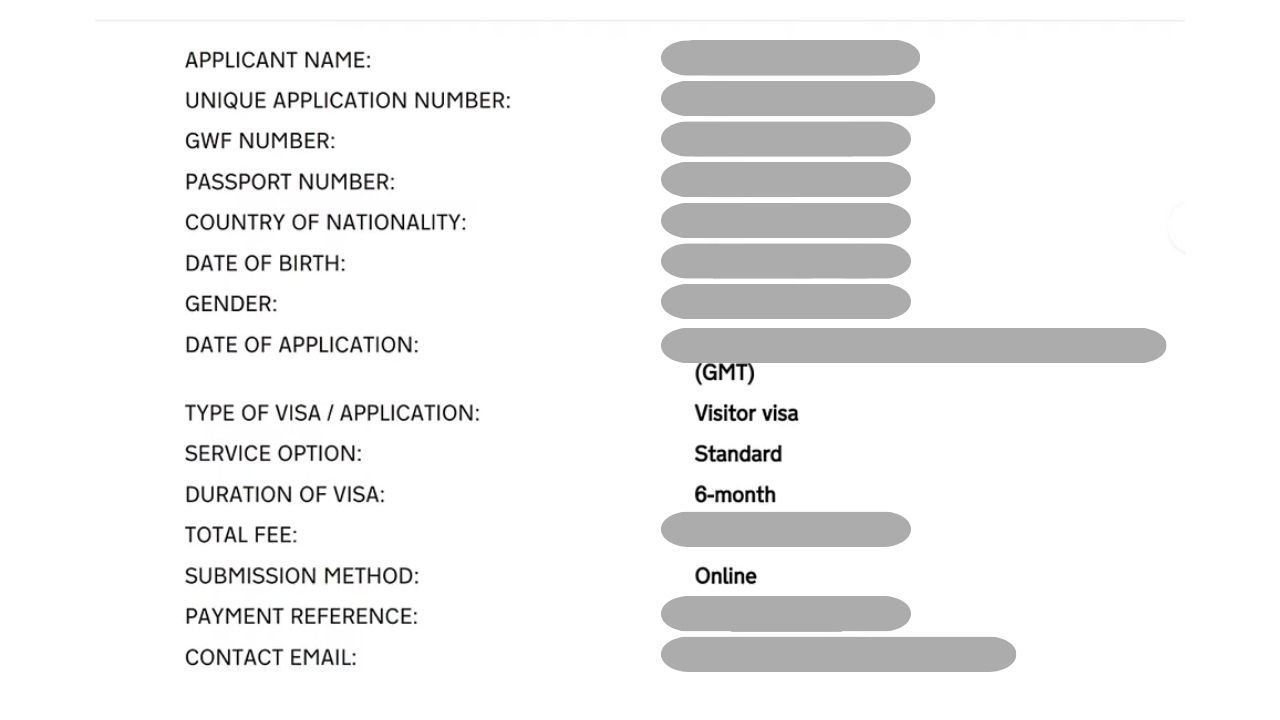
Genuine intent: You must prove that your visit is for a legitimate reason (tourism, medical treatment, etc.), and that you will leave the UK at the end of your visit.
Financial stability: UKVI does not specify a minimum bank balance for Visit Visa applicants. Instead, you must demonstrate that you have sufficient funds to cover your entire stay. This means that you need to show proof that you can support yourself financially during your stay in the UK. This could include:
Bank statements for the last 3 months
Pay slips or evidence of income
Visa application fee: You’ll need to pay the UK visa application fee, which can vary depending on your nationality and type of UK visa. You can check our detailed guide to see all the fees.
Accommodation: You need to have suitable accommodation arrangements for the entire duration of your stay.
No work intentions: You cannot work or access public funds while in the UK. You must prove that you will leave at the end of your visit.
Return/onward travel: You must have the means to return to your home country or onward destination once your visit ends.
That's the easy part! Now, let's dig deeper. Below is a detailed breakdown of the UK Standard Visitor Visa requirements, categorized according to the different purposes of visit. This will help you understand what specific documents, conditions, and additional requirements apply based on the reason for your visit to the UK.
UK tourist visa requirements & documents
This is the most basic one. If you’re visiting the UK for tourism or leisure activities (e.g., sightseeing, holidays, or relaxation), you’ll need to meet the general requirements:
Valid passport
Travel details (flight and itinerary)
Accommodation proof
Financial evidence (bank statements/payslips)
Return travel proof

UK travel visa requirements for family visits
If you’re visiting family in the UK, your application will need to show that your visit is for social purposes. Here are the additional requirements & documents you need to fulfill:
Genuine relationship: You need to prove that your relationship with the person you're visiting is genuine and you plan to leave after the visit.
Invitation letter: Must include the host’s full name, address, and contact information, along with proof of their immigration status in the UK (e.g., copy of passport, residence permit, etc.). Learn how to write a UK visa invitation letter with our guide.
UK visitor visa requirements for business
As a business visitor, you cannot work for a UK company or become self-employed unless you're involved in a permitted paid engagement. However, you can stay for up to 6 months and do the following activities:
Attend meetings, interviews, conferences, and seminars: You can join events related to your business or profession.
Negotiate and sign deals: If you're closing contracts or agreements, you can do so during your visit.
Promote your business at trade fairs: You can attend trade shows to promote your business but cannot sell anything.
Get work-related training: If you work abroad and need training that’s not available in your country, you can come to the UK for that.
Give talks: You can give talks, lectures, or seminars, but they should not be for profit. You may receive payment for certain engagements (called “permitted paid engagements”).
Do site visits or inspections: If you’re checking on goods, services, or projects provided by a UK company to your overseas company, you can do that.
Share knowledge with UK employees: If you work for a company abroad, you can share knowledge or provide training to the UK employees of that company.

If you work in certain fields, you can do additional activities while visiting the UK. These include:
Creative professionals: If you're an artist, musician, entertainer, or other creative professional, you can visit the UK for performances or other related activities, as long as they’re not for commercial purposes.
Researchers and academics: Professors, scientists, and researchers can visit for projects or collaborations.
Media professionals: Journalists, camera operators, and translators can visit for specific work-related tasks.
Other specialized roles: Bodyguards, pilots, internal auditors, personal assistants, and many other roles can also visit the UK for business activities.
If your job fits one of these roles, make sure to check the visitor rules to see what is allowed for your specific situation.
What documents are required for a business visit visa in the UK?
When applying for a Standard Visitor visa to the UK for business purposes, you will need to provide several documents to support your application, in addition to the general requirements for a UK visit visa, such as:
Invitation Letter (If applicable): If you’re visiting a UK-based company for meetings, conferences, or events, you may need an invitation letter from the host organization. The letter should include:
Details about the event or meeting
Your role in the event
The dates of the visit
Confirmation that the company is aware of your visit and supporting your trip.
Evidence of business activity: You may be asked to provide evidence of the business activities you plan to undertake in the UK. This could include:
Conference or seminar invitations
Meeting agendas
Trade fair details
Contracts or agreements you plan to negotiate or sign during your visit.

Employment evidence: If you're employed, provide documents that show your employment status, such as:
A letter from your employer stating the purpose of your trip
Proof of employment (e.g., recent pay slips or a contract of employment).
Additional documents (if applicable): Depending on your situation, you might need additional documents. For example:
If you're attending a paid engagement (such as a talk or performance), you may need evidence that it’s a "permitted paid engagement."
If you're self-employed, documents showing your business activities abroad may be required.
English proficiency (if applicable): In some cases, you may need to provide evidence of your English language ability (though this is generally not required for business visitors).
UK Standard Visitor visa requirements for study
If you're planning to visit the UK for up to six months to study or conduct research, you may be eligible for a Standard Visitor visa. This visa covers a range of activities, including:
Studying at an accredited UK institution (including English language courses).
Conducting a short research project related to your overseas course.
Participating in an elective as part of a medical, veterinary, nursing, or dental course.
Retaking exams or sitting for professional assessments like the PLAB or OSCE tests.
Engaging in unpaid clinical attachments for graduates of medical, dental, or nursing schools.
However, there are specific requirements and limitations to keep in mind, depending on the nature of your visit. To qualify for a UK student visit visa, you must meet the general eligibility criteria for a visitor and any additional requirements that apply to your situation, such as:
Accredited UK institutions: You need to have been accepted onto a course at a UK institution that is officially recognized. However, academies and state-funded schools do not qualify under this visa route.
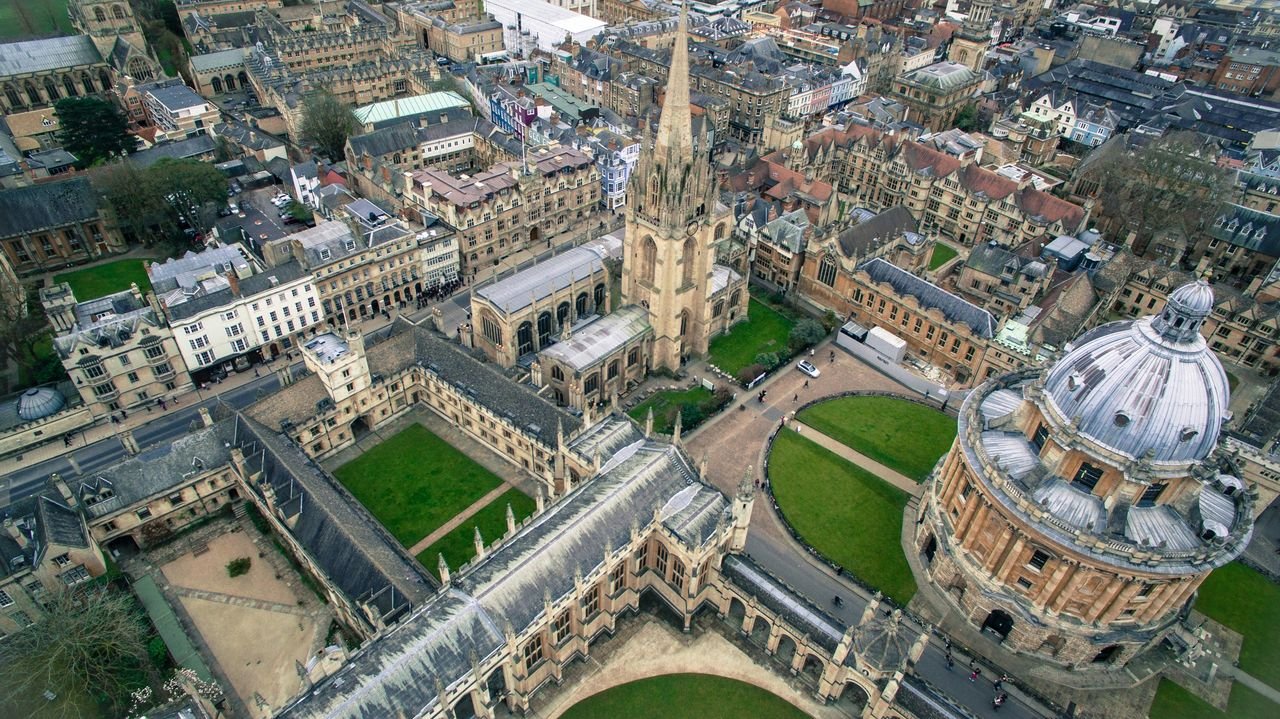
Duration of stay: If you're visiting for studies, your course must be no longer than six months (unless it’s a distance learning course, which may have a longer duration).
Additional documentation: Be prepared to provide evidence proving your eligibility, such as letters from relevant UK authorities if you're taking exams like the PLAB or OSCE.
UK visit visa requirements for medical reasons
If you're planning to visit the UK for medical purposes, you can stay for up to 6 months to:
Receive private medical treatment at a hospital or other medical facility. Here are the additional UK visa requirements for it:
You have a medical condition that needs treatment or consultation in the UK.
You’ve made arrangements for treatment before arriving.
You have enough money to pay for your treatment.
You will leave the UK when your treatment is finished or when your visa expires.
You do not pose a risk to public health if you have a contagious disease.
Provide a letter from your doctor or consultant that includes:
Details of your medical condition.
The estimated cost and duration of treatment.
The location of consultations or treatment.
Obtain NHS treatment, provided it is funded by your government under a reciprocal healthcare agreement. These are the additional requirements for a UK visa:
You must present an authorisation form issued by your government confirming it will pay for your treatment.
Donate an organ to a family member or close friend. This includes undergoing assessments to confirm your suitability as a donor. Here are the key requirements:
The recipient must be legally allowed to reside in the UK.
You must provide evidence of your donor-recipient relationship
A letter from the lead transplant nurse, GMC-registered specialist, or NHS consultant confirming:
Your donor match status or plans for donor assessment.
Details of the relationship between you and the recipient.
When and where the transplant or assessments will take place.
For treatments exceeding 6 months, you will need a Standard Visitor visa, regardless of your nationality.
Apply for an 11-month visa before entering the UK. This costs £200.
Alternatively, enter on a 6-month visa and apply for a 6-month extension within the UK. Each extension costs £1,000.
There is no limit to the number of times you can extend your stay, provided you meet the requirements.
Also, depending on your home country, you may need to provide a certificate proving you do not have tuberculosis. Verify if this test applies to you.
UK visit visa requirements for minors
Traveling to the UK as a minor (under 18) is an exciting experience, but it comes with specific rules and responsibilities to ensure your safety and well-being, such as:
Travel alone: Minors need parental consent, proof of accommodation, and funds for your stay and return journey.

Accommodation details: Provide the host's name, address, relationship, and their consent to host you.
Private foster care: If under 16 (or 18 with a disability) and staying over 28 days with non-relatives, inform local authorities.
Traveling with an adult: Show parental consent and list up to two adults on your visa application, if required.
Confused about UK visit visa requirements? Don’t worry—we’re here to help! Whether you're traveling alone or with an adult, we simplify the process and ensure your application is 100% error-free.
Contact us today and let us handle your UK visa application with ease!
- Posted on: 06.01.2025
- By: Eray Eliacik
About the author

Eray Eliacik
Eray is a seasoned writer and passionate traveler who has explored over 20 countries. With firsthand experience navigating visas and international travel, and a proven track record with reputable platforms like Dataconomy and Softonic, Eray now makes it easier for travelers to achieve their travel goals.
Related Articles

UK visa financial requirements for 2025: Everything you need to know
May 21st, 2025
UK visa financial requirements for 2025 are more detailed and stringent than ever.
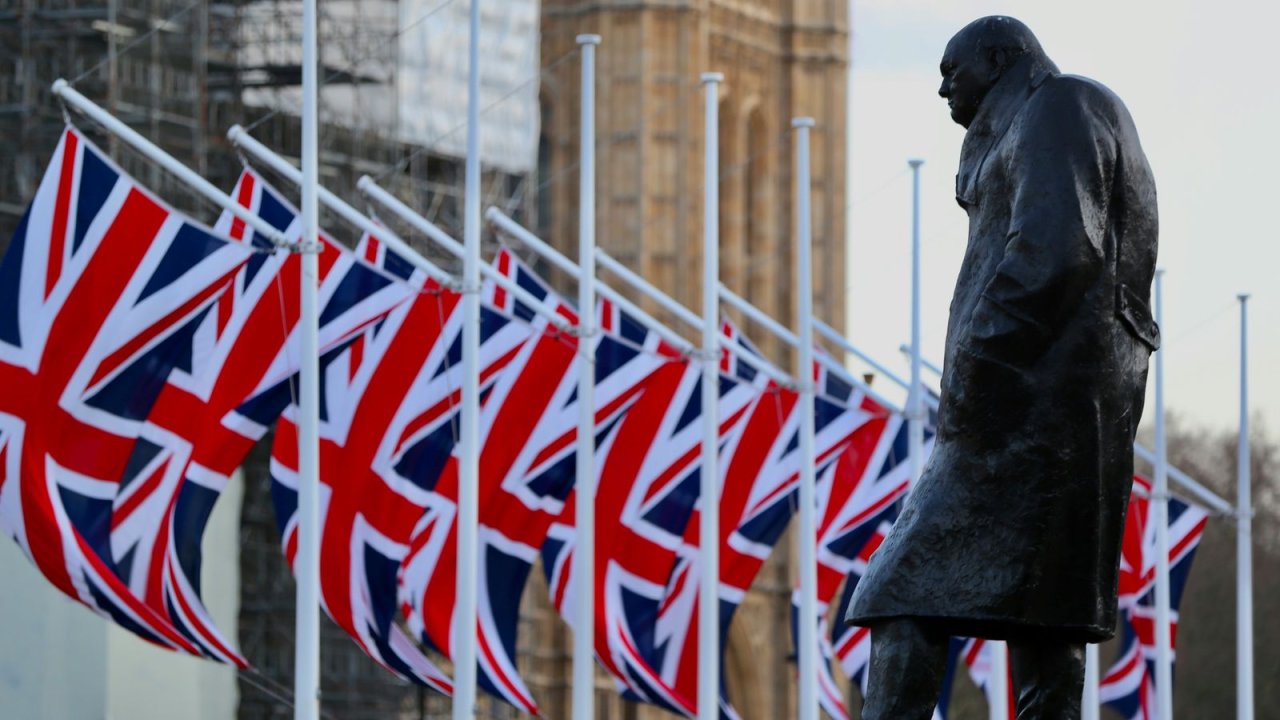
UK ETA requirements
January 24th, 2025
Learn everything about UK ETA requirements & more!
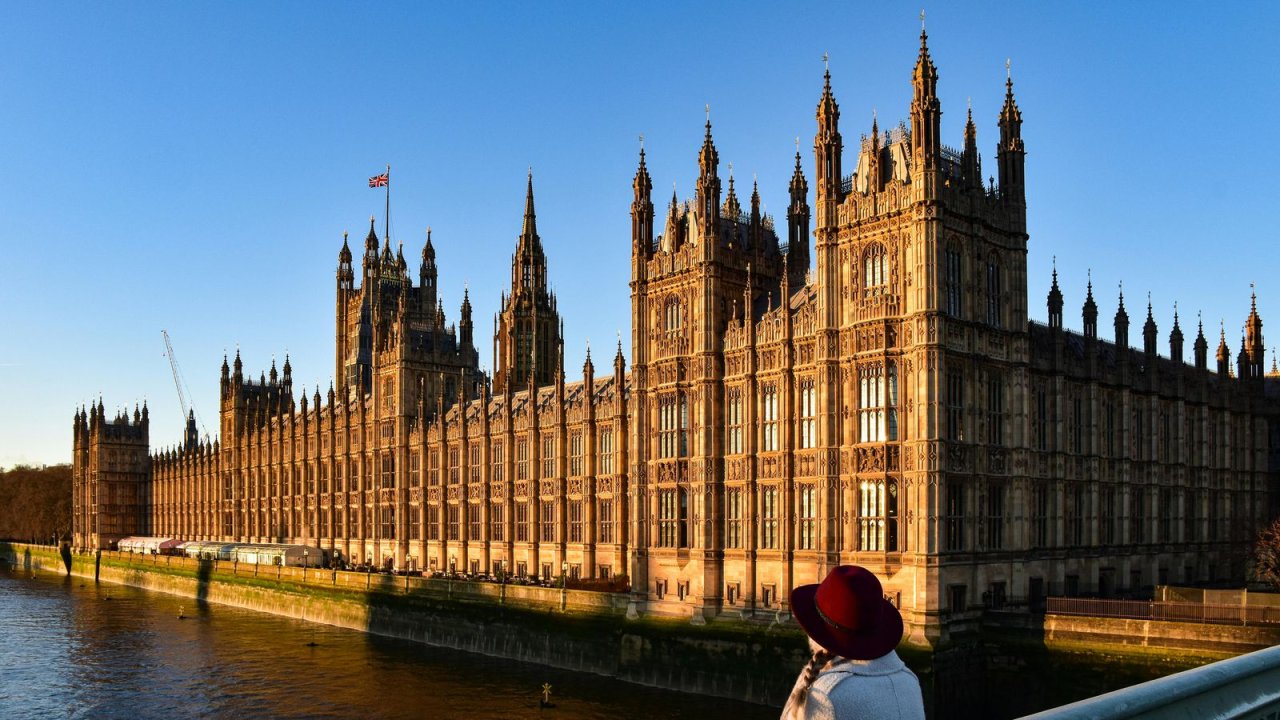
UK good character requirement in nationality applications
February 12th, 2025
Understand the UK good character requirement for British citizenship—exploring legal factors, pitfalls, and eligibility insights.

